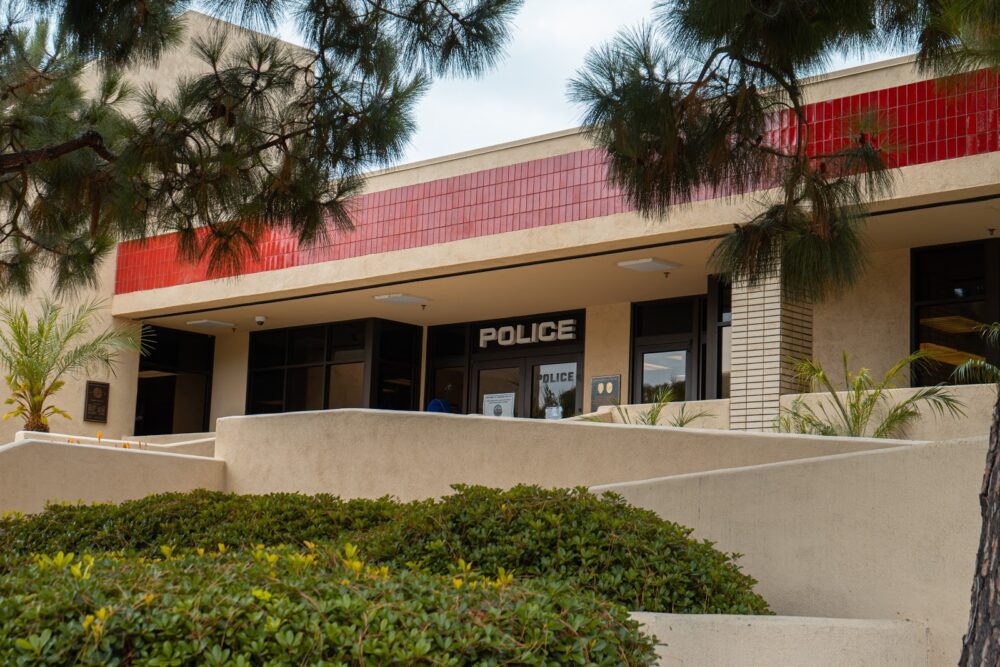
By Ansharah Asif
President Donald Trump signed an executive order on police reform during an event in the Rose Garden in Washington D.C. on June 16.
The document, titled “Safe Policing for Safe Communities,” takes action towards bringing justice to victims who have suffered from police brutality and racial prejudice. It is meant to be an alternative to the “defund the police” movement that calls for reallocating police budget to community institutions and resources such as education, which Trump opposes.
“Reducing crime and raising standards are not opposite goals,” Trump said before signing the executive order.
“Safe Policing for Safe Communities” plans to improve particular aspects of police training and force rules. Chokeholds, for example, would be banned, and no-knock warrants would no longer be used in drug-related cases.
This mandate would also make it easier to prosecute unjust and biased police officers, and authorize the creation of a federal registry of police to make it more effective to report and keep track of any malpractice, such as racial prejudice, committed by police officers.
Meanwhile, on June 25, a police reform bill supported by the Democratic Party passed through the House of Representatives. Its planned legislation goes a step further than Trump’s executive order in calling for the elimination of racial profiling, curbing qualified immunity and reducing military equipment supplied to police departments.
These reforms follow the death of George Floyd, a Black American who was killed in Minneapolis police custody for a crime he did not commit. Videos of him being pinned by the neck for over eight minutes sparked national outrage and calls for justice. Others who have recently brought national attention to police include Breonna Taylor, Ahmaud Arbery, Tony McDade and Dion Johnson.
Local police departments have responded to the Black Lives Matter protests as well.
On June 22, Matthew L. Sheppard, chief of the Fountain Valley Police Department (FVPD), issued a letter on the department’s dedication to law enforcement, and how their training and service to their people values equality and human life above all.
Sheppard’s letter outlined FVPD policies. Chokeholds and strangle holds have been banned, and the carotid control hold has been suspended. FVPD police officers are also required to de-escalate a situation before resorting to force, which includes warning before shooting. The use of force of any degree by any police officer must also be documented and thoroughly investigated.
In a Declaration of Policy About Human Dignity, Huntington Beach police officers stated that criminal or attempted criminal acts motivated by the victim’s race, color, religion, sexual orientation gender or disability status are considered a hate crime.





